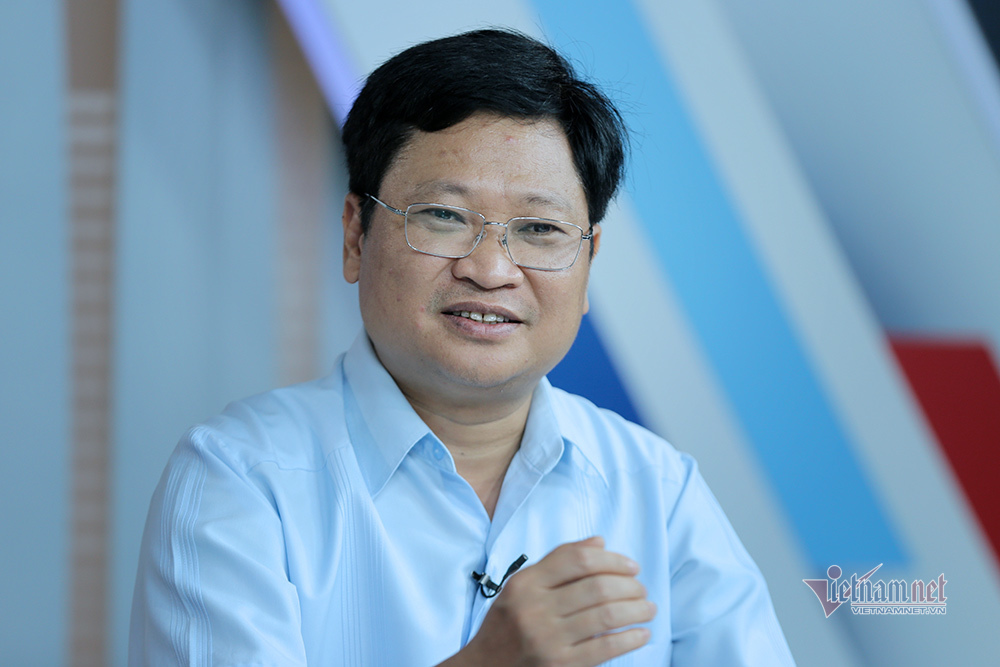The Government Decree No 91 on preventing spam calls, emails and messages took effect on October 1, 2020.

Nguyen Khac Lich, deputy director of the Authority of Information Security
Previously, spam calls and messages were defined as calls and messages that recipients did not want. This definition had confused users.
For example, a message sent by a business manager to his worker could be considered ‘spam’ if the worker did not want to receive the message.
The compilers of the decree, after referring to international practice, gave another definition that a spam message is an advertisement message that receivers don’t want. Spam is also a message sent for the purposes of harassment, fraud or terrorism.
The newly released Decree 91 mentions measures to protect users.
Lich said there is a new point in Decree 91 that the Ministry of Information and Communications (MIC) will be in charge of compiling the list of clients who don’t want to receive ads (do not call list) as stipulated in Article No 7.
The provision was set after the decree compilers considered international practice in the UK, Singapore, Australia and the US.
Users just have to make once registration for refusing ads. Lich said users just need to register and say they do not want to receive ads through switchboard 5656. This is a measure to protect people from receiving ads.
There are two ways of protection. First, Decree 91 says telcos must have technical measures to prevent the delivery of ads to clients that register not to receive the messages.
Second, those who send ad messages to clients that have registered not to receive the messages will be subject to a fine of VND80-100 million.
Switchboard 5656 is the input for the network AI (artificial intelligence) and Big Data to help prevent spam messages.
Lich stressed that previously, advertisers could send messages or make calls with any normal phone number. However, under Decree 91, those who want to send ad messages must register identifier names and must not send messages from their normal phone numbers. As such, users can then easily recognize ad messages.
Under the decree, mobile network operators, when discovering spam messages, have the right to block and take back simcards.
Binh Minh

VN government decree to sweep away spam calls
Businesses in the fields of real estate, insurance and education will bear the biggest influences from the newly released decree on preventing spam messages and calls.

Mobifone blocks subscribers making spam calls
Viet Nam Mobile Telecom Services Corporation (Mobifone) has launched a system to detect and prevent spam calls using big data technology (Big Data),...